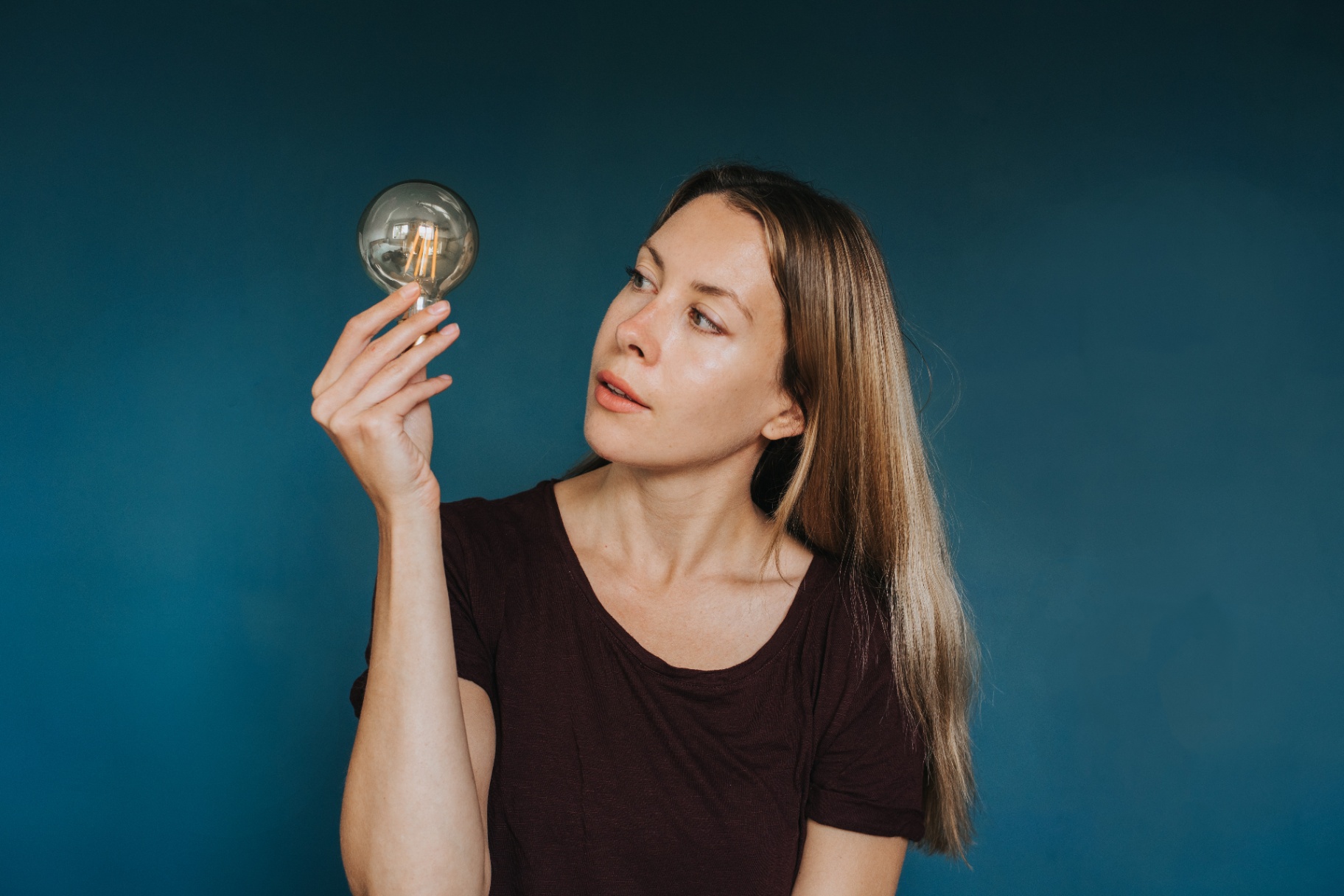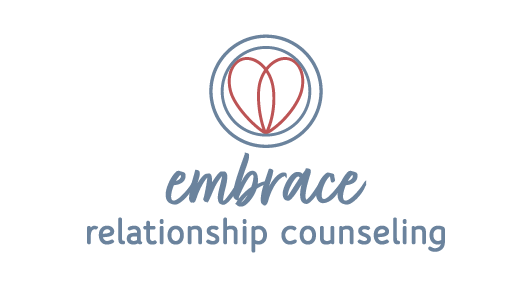Lightbulb!

Chances are that at some time in your childhood you played the Game of Life. Remember that one? Spin the big wheel, move your car, and land on a space that propelled you to the next event in your life. Suddenly you were married, had twins, were off to college, or had a bill to pay. We adulted pretty fast in that game!
Real life events aren’t quite so up to chance. Yes, some things happen to us. Another driver runs a stop sign and crashes into us. The person next to us on the elevator sneezes and 3 days later we have a cold. We go to work one day to learn we’re part of the next round of layoffs at the company. We don’t control these events; they happen to us.
Some things happen because of us. We crossed the finish line at the Turkey Trot 5k because we put in the time pounding the pavement and prepping to run the distance. We bought a new car because we spent the past year saving and now have enough set aside for the down payment. We find a special someone to share life with because we found the courage to be authentic and vulnerable and open to the process of dating. We control these events; they happen because of choices we made and actions we took.
In college I learned far too much about binary code style thinking: yes or no, 0 or 1, on or off, right or wrong. However you look at it, you are making a choice between 2 distinct options. Adulting after college taught me that singular choices don’t operate in a vacuum. Each choice leads to a next choice with new options to consider.
So, is real life more like the Game of Life with a spinner determining where we land or is it binary and logical without the possibility of multiple outcomes to navigate?
Or is it both? Can life happen both to us like the spinner and because of us through yes/no decisions?
Yes, and… (my favorite saying!!)
My clients and I talk about emotions being like a light switch. Light switches can be the on/off toggle switch or the on/off and every level of light in between dimmer switch. What would happen if we viewed our choices as a dimmer switch rather than a toggle switch?
Let’s think about love in that way. As a toggle switch, at one extreme we have unloved. That’s the off position; the lights are turned off. Love feels turned off, life may even feel dark and it’s difficult to see your way forward. On the other extreme we have deeply rooted warmth, passion, acceptance, and love. That’s the on position. Loving feels bright, clear, and the path forward is visible. Love, unloved= on, off.
Electricity may work that way, but our feelings don’t. We can’t move from unloved to love without sliding through the many emotions in between. We might move very quickly, but they are there. Sometimes we’ll pull out the whiteboard and write “unloved”, draw a line, then write “loved”. We’ll spend time talking about where the unloved is rooted, what was happening in those moments, what feelings were swirling inside. We write a few of those feelings in that area. Then we talk about loved and what was happening in those moments, what feelings were swirling inside. We write a few of those in this area.
Then we talk about all the stuff that happened in between those opposing emotions. The line becomes a timeline of events and the emotions being felt in those moments and we begin to see all of the feelings that are experienced as we shift back and forth between feeling unloved, loved, unloved, loved… Frustration, loneliness, confusion, scared, hesitant, doubtful, mellow, softening, hopeful, curious, courageous, happy. These are words that often appear- what words would be on your paper??
Life events sort of work the same way. Something bad happens. That’s the off position. It ends. That’s the on position. What we’re sliding through from off to on is the place of making a personal decision to allow ourselves to feel our feels and consider the multiple paths in front of us about what we do or where we go next.
In that moment, we are working through making this decision- is life something that happens to me or because of me?
Does life always happen to me, I’m helpless, without fault, and a victim of circumstance? Off position.
Do I work hard to control everything in my life, including how other people feel and behave, so nothing is left to chance and I know exactly what to expect? On position.
Or do I allow myself to glide back and forth like a bird in flight, sometimes flapping my wings to move in a new direction and sometimes allowing the wind currents to gently move me onto new paths? Dimmer switch.
Finding balance in life and in relationships is about learning to recognize what is under our control and what is not. We can’t control other people and the decisions they make or the feelings they feel. We can control how we react to the decisions other people make and the feelings it brings up in us. This balance is the place of living a life in which we feel vibrancy, joy, confidence, authenticity, and healthy control. It comes from knowing who we are, what we want, and setting boundaries around what we are willing to accept from ourselves and from others. It’s the dimmer switch which allows us to flow and be in control without being controlling or helpless.
Yes, life happens. Yes, love happens, too. We can throw up our hands, dig in our heels, or flap our wings and glide.
Embrace your best self! Anne
